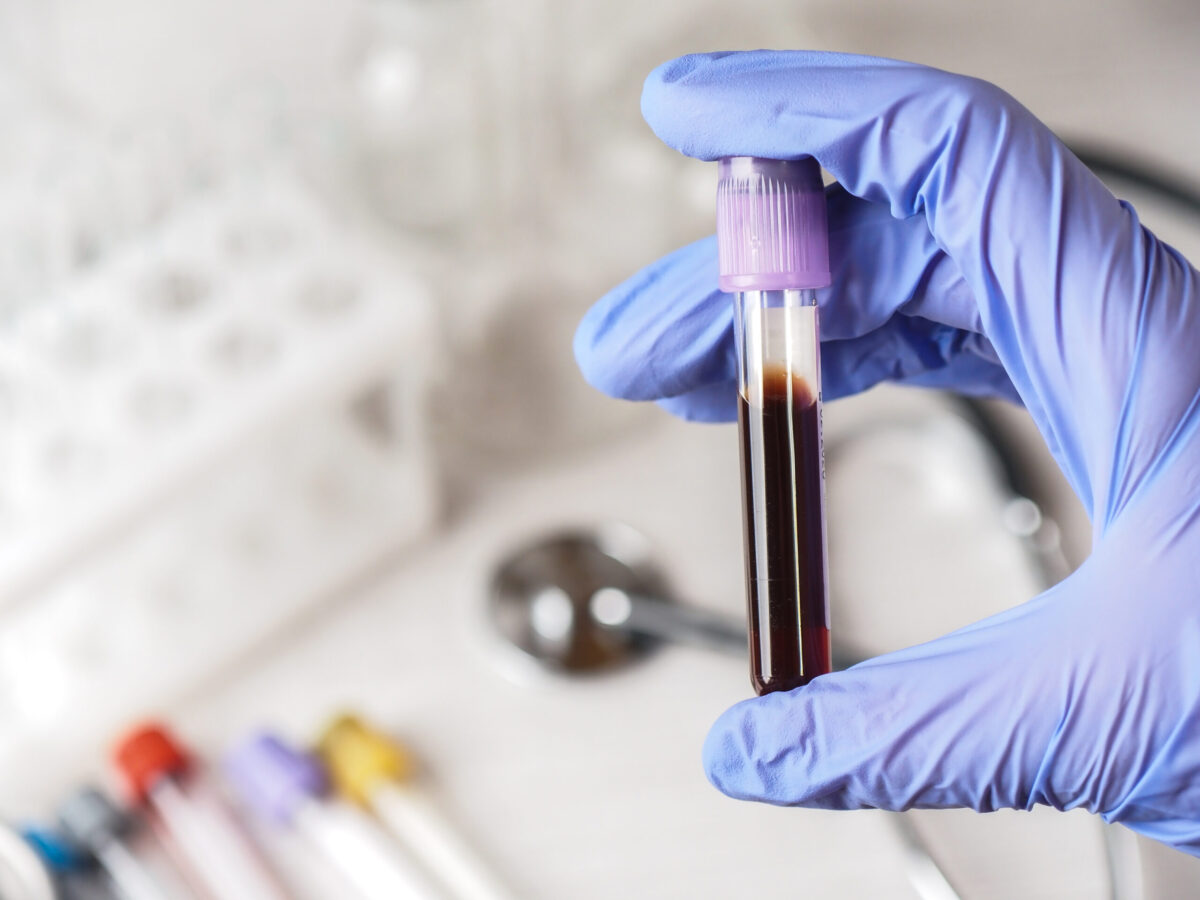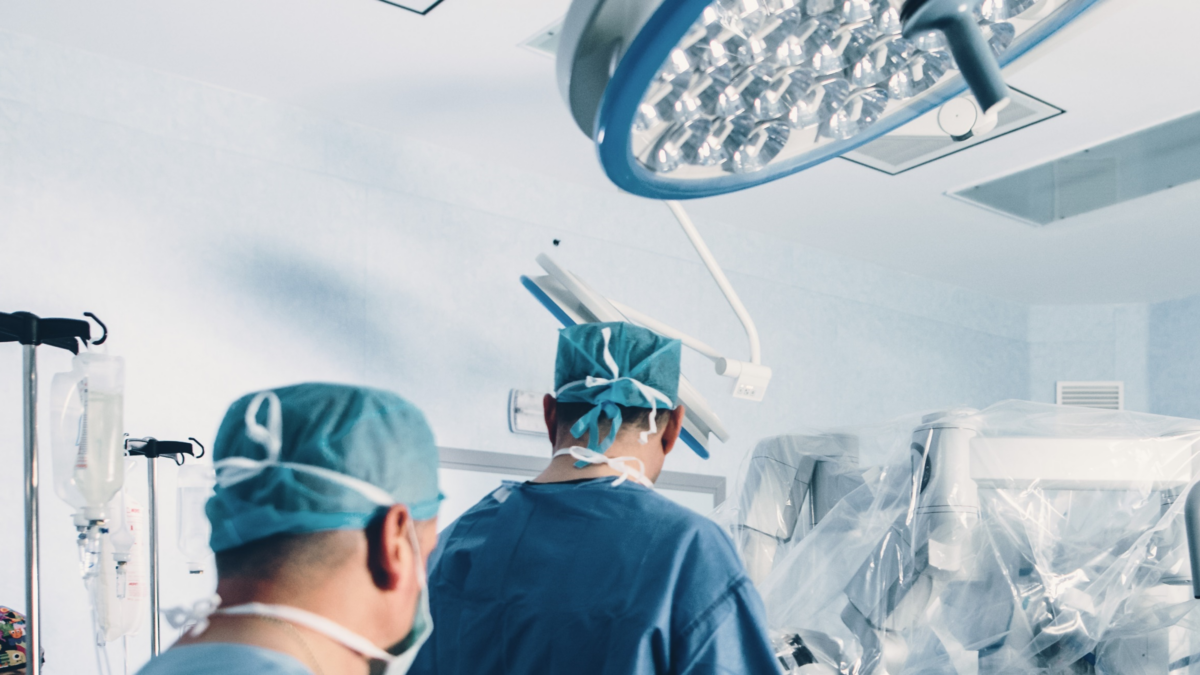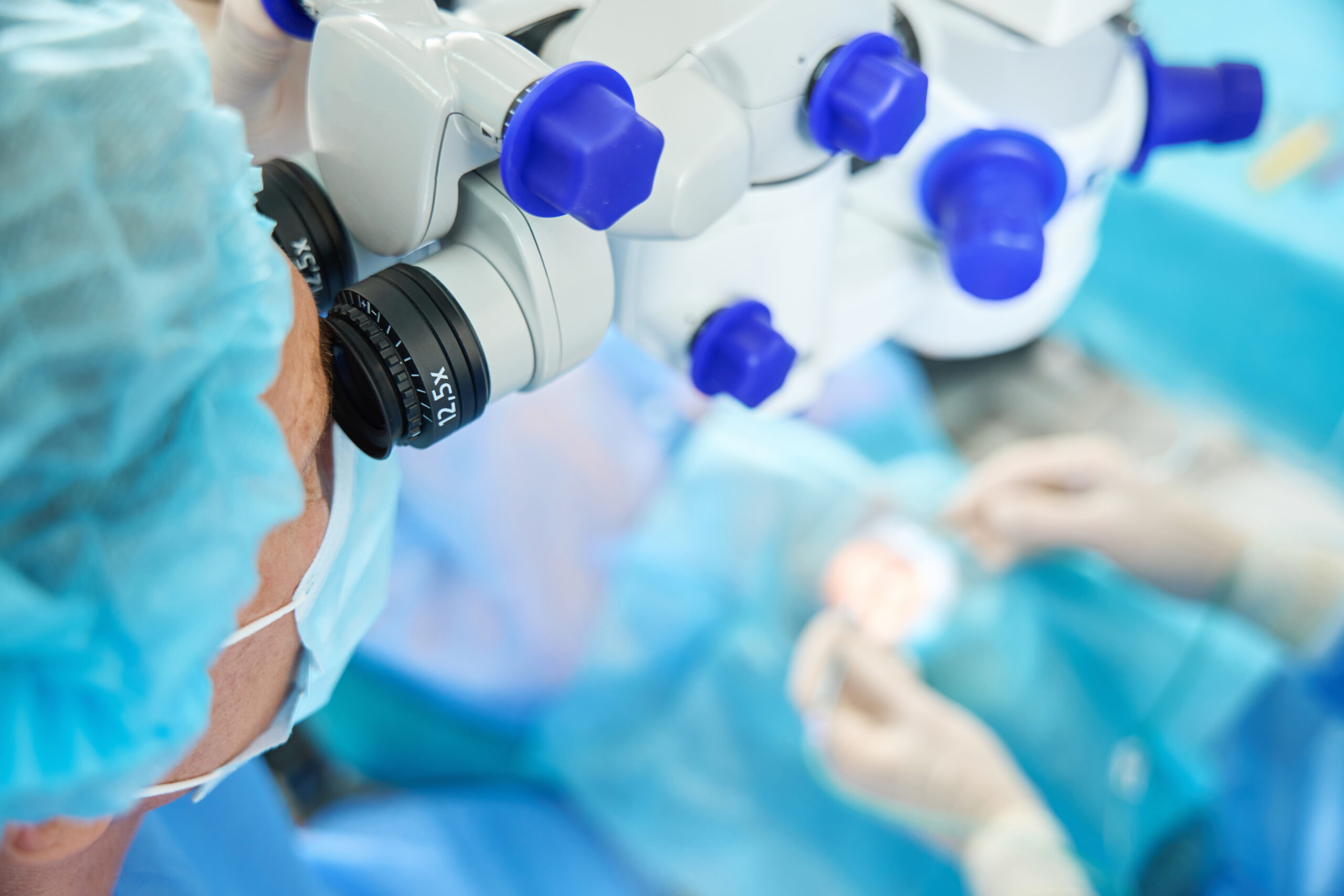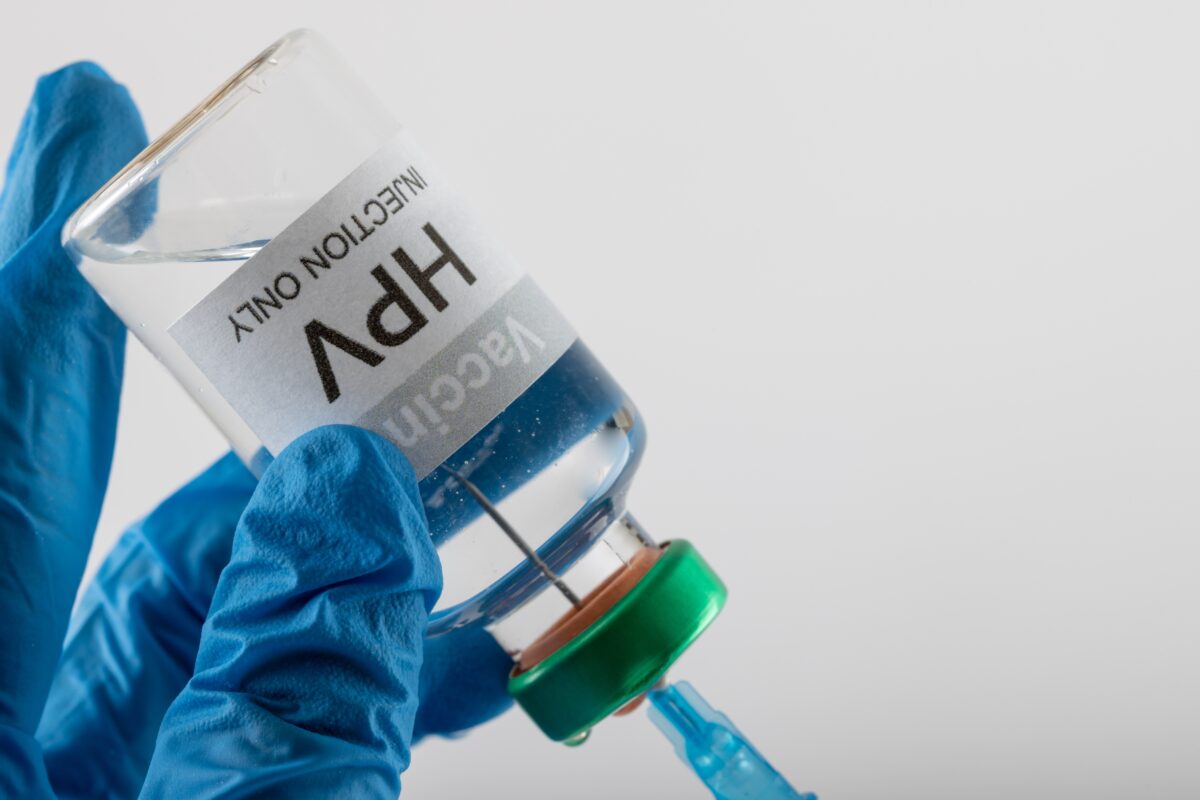Pediatric testing company, Baebies, has announced that their newborn screening platform has received marketing clearance from the US Food and Drug Administration (FDA). The Seeker system is able to detect four, rare metabolic disorders, including Mucopolysaccharidosis Type I (MPS I), Pompe, Gaucher and Fabry.
All four disorder are categorized as lysosomal storage diseases (LSDs), in which enzymes responsible for clearing cellular waste products aren’t fully-functional, or are present at low levels. MPS I, Pompe, Gaucher and Fabry occur in approximately 1 in 1,500 to 1 in 185,000 newborns, according to the U.S. Department of Health and Human Services’ Advisory Committee on Heritable Disorders in Newborns and Children.
Without early screening programs to detect and treat these conditions, LSDs can result in organ damage, neurological impairment and possibly death. The Seeker system is the first newborn screening test which detects these four LSDs, to be approved by the FDA.
“Although these LSDs have FDA approved therapies, this is a significant milestone for the LSD community, as Seeker is the first FDA cleared product for LSD testing,” said Vamsee Pamula, President and Co-Founder of Baebies. “FDA’s clearance of Seeker resulted from a thorough and rigorous review. We look forward to providing Seeker kits to implement safe, effective, easy and reliable screening for LSDs. Seeker is the only FDA authorized test on the market.”
Newborn screening programs – which ensure that certain serious health conditions are identified at birth – were started over 50 years ago in the US, with all new babies born in the country now being tested for more than 30 genetic and metabolic diseases. As Pompe and MPS I were recently added to the Recommended Uniform Screening Panel (RUSP), the Seeker system is likely to see regular use in hospitals across the country.
“The Secretary of Health and Human Services (HHS) recently added Pompe and MPS I to the list of routine recommended newborn screening programs and it is anticipated that additional states will begin requiring use of screening tests to detect these disorders,” said Dr. Alberto Gutierrez, director of the Office of In Vitro Diagnostics and Radiological Health in the FDA’s Center for Devices and Radiological Health. “Accurate screening tests will help with early detection, treatment and control of these rare disorders in newborns, before permanent damage occurs. That’s why availability of LSD screening methods that have been assessed for accuracy and reliability by the FDA are so important.”
The Seeker system – consisting of a reagent kit and device – measures the activity level of lysosomal enzymes α-L-iduronidase (IDUA), α-D-glucosidase (GAA), β-glucocerebrosidase (GBA) and α-D-galactosidase A (GLA). The automated analysis uses dried blood samples collected from newborns 24 to 48 hours after birth.
While the screening test was shown to accurately identify at least one of the four LSDs in 73 newborns, as part of a clinical trial of 154,412 babies, results from the Seeker system alone cannot be used to diagnose an LSD. If the results of the Seeker system show reduced activity for any one of the four enzymes, biopsies and genetic tests must be used to confirm an LSD diagnosis.












Join or login to leave a comment
JOIN LOGIN